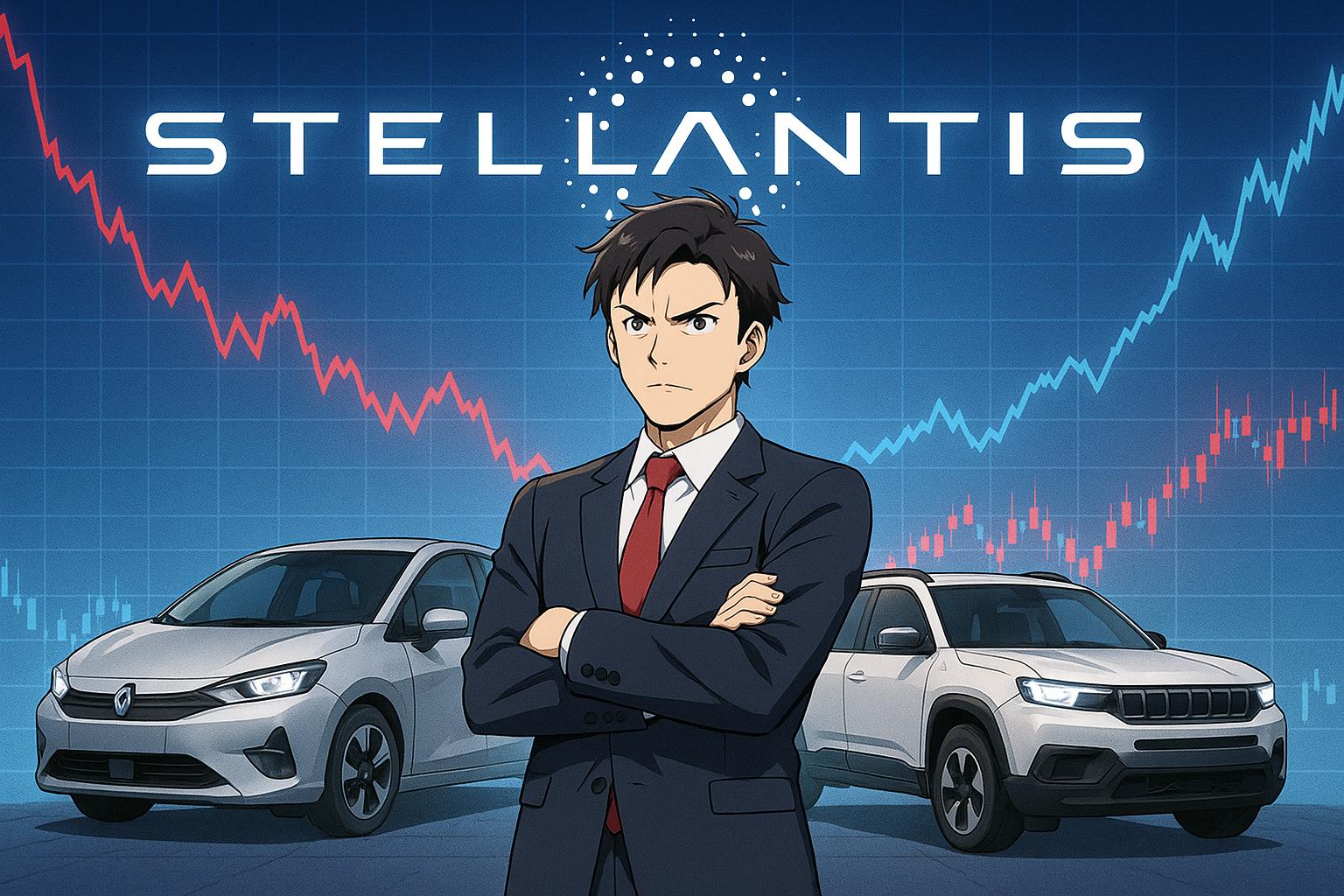Elon Musk, Jim Ratcliffe, and Carlos Tavares have found themselves navigating tumultuous waters within the automotive industry. Despite their differing strategies and backgrounds, they share a common struggle of mismanagement that has led to significant ramifications for their respective brands.
Carlos Tavares, the former CEO of Stellantis, found his tenure abruptly ended last month amidst a backdrop of financial instability. Tavares, who previously garnered a compensation package of approximately €40 million annually, is set to receive a severance of €2 million along with a bonus payout of €10 million for meeting certain milestones during his term. However, this financial cushion does little to mask the deeper issues within Stellantis. Under his stewardship, the company saw a staggering 50% decline in its share price over the past year, coupled with a net loss of €127 million in the latter half of the previous financial year—the first since the merger that formed Stellantis. This downturn is indicative of the contentious environment Tavares fostered, which culminated in conflicts with the board focused on aggressive cost-cutting measures that ultimately failed to address plummeting sales in critical markets like the U.S.
Tavares's legacy at Stellantis is marked by a significant reduction in Vauxhall’s market presence, as evidenced by the brand's drop from a historic number two in UK car sales to outside the top ten. Sales of vehicles, particularly those priced higher than their competitors, suffered dramatically. The introduction of inflated list prices for models such as the electric Corsa led to necessitated price cuts, further undermining consumer confidence and damaging the brand's identity. Analysts have expressed scepticism about Stellantis’s future prospects, particularly with an upcoming forecast that indicates a potential cash burn up to €10 billion, largely attributed to slow sales and excessive inventory in the North American market.
Despite these challenges, there are signs of resilience within Stellantis. Vauxhall managed to maintain its position as the UK's leading electric vehicle (EV) manufacturer for retail and Motability channels, achieving an 8.2% market share and sales of over 15,000 electric cars in 2024—a 31% increase from the previous year. The success of models like the Corsa Electric underscores some level of market vitality, revealing a bifurcation within the company where electric vehicle sales continue to thrive even as overall financial performance falters.
As Stellantis braves these choppy waters, it transitions to interim leadership under John Elkann, who is tasked with reinstating positive cash flow and stabilising the company amid ongoing scrutiny from stakeholders—including U.S. dealers and labor unions. The immediate future of Stellantis hinges on how effectively Elkann can implement a new strategy focused on market share recovery and operational efficiencies while adjusting to external pressures such as U.S. tariff policies.
In this landscape of uncertainty, the automotive industry watches closely as Stellantis searches for its next permanent CEO. The task ahead will not be easy, especially given the profound market challenges and critical expectations to reshape the corporate narrative reversing the trajectory of decline that has enveloped Stellantis over the past year. Tavares’s departure is a pivotal moment that could either signal a new dawn for the automotive giant or a continuation of the turbulent legacy that has characterised the past few years.
As the dust settles, the road ahead for Stellantis may very well shape the future of not just the brands it represents—such as Jeep, Peugeot, and Fiat—but the wider automotive landscape where competition is increasingly defined by innovation and adaptability in a rapidly changing market.
Reference Map
- Paragraphs 1, 2
- Paragraph 2
- Paragraph 3
- Paragraph 4
- Paragraph 5
- Paragraph 6
Source: Noah Wire Services
